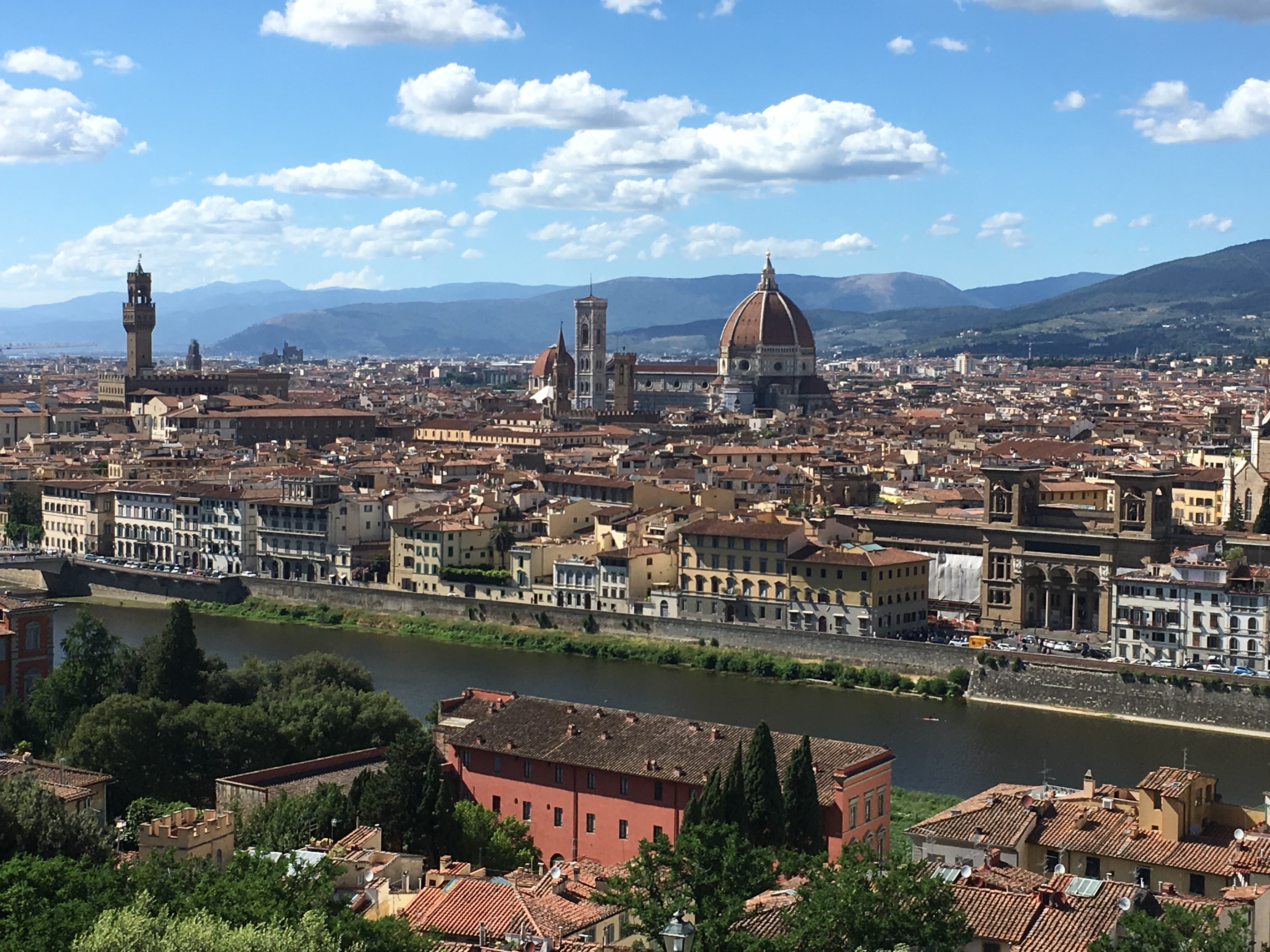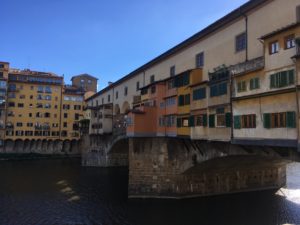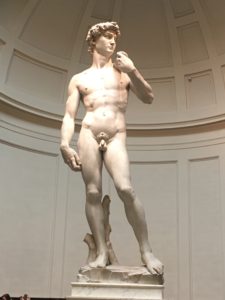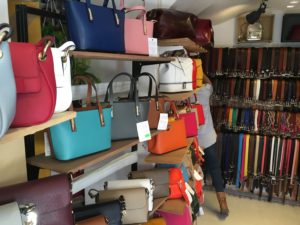Becoming a Trend Setter – A learning in Italy
Table of Contents
1. In Firenze…
One day in the summer of 2017, I was having a break with coffee and tiramisu at a small local cafe in Firenze (Florence), known as a city of flowers.
Before visiting there, I learned about history, culture, and art of the old beautiful Italian city.
During my trip in Italy, I fully enjoyed the food, local cultural stuff, and all those great artwork as many other tourists do.
At the same time, there was another unique learning about the greatness of Italy while I was in Firenze.
2. Italy as a trend setter
My Italian friend guided me when I was in Firenze. He shared me interesting stories and facts about its economy and industries.
It is obvious that Italy is not the most industrial country nor high-tech country.
However, Italy has been so much successful at being a trend setter in specific product markets such as luxury car and the high-end fashion industry.



According to him, Italy was once aiming to become a leading industrial nation but didn’t manage it. Therefore, they decided to re-focus their core competencies and strive to sell them to a world market.
More specifically, each region or local city specialises its own industry.
Actually in Firenze, I was easily able to see what kind of industry they specialise.
3. Niche industries and products
These are the examples of Italian cities that have their own niche industry (Resourse).
Empoli : Apparel industry
Modena : Car manufacturing
Como : Silk industry
Bellagio : Shoemaking
These don’t mean that those cities are involved in the whole process of the manufacturing. They rather focus on one niche, deep part of the process.
For instance, one city might specialise in making one small part that is used for producing high-end cars.
Also, I’ve heard from my friend that many luxury fashion brands’ clothes can’t be produced without silk made in Como.
This strategy enables them to avoid price competition and sell the products for at a high price with the exclusive brand and the expertise.
4. What Japan can learn from here
My home country, Japan used to be the world’s second biggest economic power but obviously the basic direction of the country towards the future should be changed as the low birthrate and the aging population accelerates.
Both Italy and Japan have unique cultural resources underpinned by the long history including food, old buildings, and traditional industries.



Thus, in my opinion, what Japanese cities could do is :
- Focusing on specialising in one industry
- Trying to build a strong brand with the high expertise and uniqueness
- Looking ahead to global market from the beginning
Even though they don’t know what might be their specialisation which make them trend setters. But they need to try to set the trends as well as grabbing them.
The world is always changing and it’s important to grab the opportunity at a right time as one Italian saying teaches, which my friend told me.
This literally means “The train passes for everybody”.
It implies that everybody will have opportunities or good chance so you have to take it before the train (=chance) passes by.
Are you always ready to take “the trains”?





